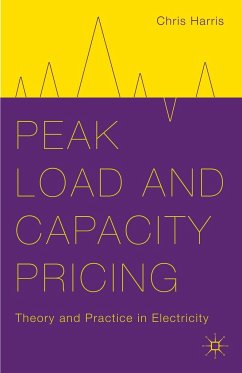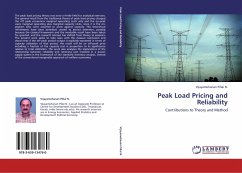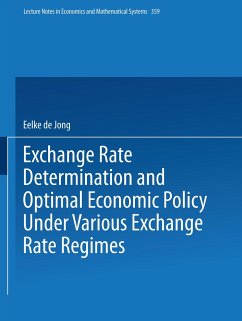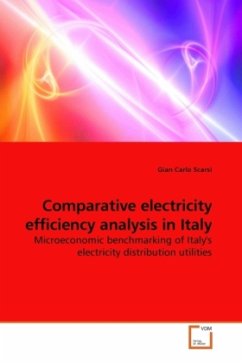
Optimal Peak Load Pricing of Electricity under Uncertainty
Some Welfare Implications
Versandkostenfrei!
Versandfertig in 6-10 Tagen
45,99 €
inkl. MwSt.

PAYBACK Punkte
23 °P sammeln!
Time-differential (peak-load) pricing of electricity is an indirect form of load management that prices electricity according to differences in the cost of supply by time of day and season of year. In the light of the significance of time-differential tariffs reflecting temporal cost variations in electricity supply, the present study attempts at a marginalist approach to peak-load pricing, incorporating reliability considerations under various welfare-related assumptions, and supplemented with empirical substantiation, suitable for less developed power systems in the face of inaccessibility t...
Time-differential (peak-load) pricing of electricity is an indirect form of load management that prices electricity according to differences in the cost of supply by time of day and season of year. In the light of the significance of time-differential tariffs reflecting temporal cost variations in electricity supply, the present study attempts at a marginalist approach to peak-load pricing, incorporating reliability considerations under various welfare-related assumptions, and supplemented with empirical substantiation, suitable for less developed power systems in the face of inaccessibility to more sophisticated computerized long-range system planning models.












